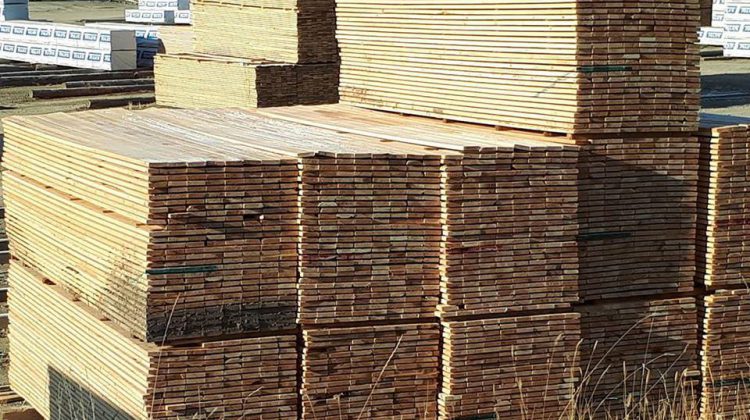Despite several economic challenges including curtailments and temporary shutdowns, BC’s Forestry Sector continues to play a vital role in the provincial economy.
According to a new impact study from the BC Council of Forest Industries, sustaining roughly 49-thousand direct forestry jobs, contributing over 17-billion dollars to the GDP.
“This Study demonstrates that the BC forest industry is one of the main drivers of British Columbia’s economic base, providing outsized benefits to living standards and government revenue by generating employment, value-added activity, and exports,” said Kurt Niquidet, Vice President and Chief Economist at COFI.
“Coming out of the pandemic, 2022 was a highly volatile year for prices, not only for lumber but for many other commodities as well”, explained Niquidet
“Forest product markets today are different and so are other economic dynamics in the sector. The industry has been challenged by rapidly changing market conditions, high costs, natural disturbances like fire and insects, and the impact of new public policies. Timber harvesting on provincial crown land has declined by about 30% since 2021.”
Niquidet also mentioned while the industry is in a period of transition, the long-term outlook is strong for the full range of renewable forest products BC is capable of producing.
“Locally and globally the demand for wood products for more affordable and climate resilient housing is growing, and so is the demand for low-carbon and bio-based materials. But in the short term we are faced with a critical shortage of timber for BC mills. Left unchecked, reduced access to fibre supply will drive further losses in the investment, infrastructure and workforce needed to meet those new opportunities.”
Among the Study’s key findings were:
· BC’s forest sector has significantly higher paying salaries, averaging over $106,000 per year in total compensation (compared to the BC average of $73,000);
·The industry sustains close to 100,000 good jobs for British Columbians, including 48,725 direct forestry jobs and an additional 51,143 indirect and induced jobs;
· Forestry contributes $9.1 billion in wages, salaries and benefits; as well as generate $6.6 billion in government revenue
· In 2022, forest products were BC’s number two export, representing 24% of all merchandise exports by value


